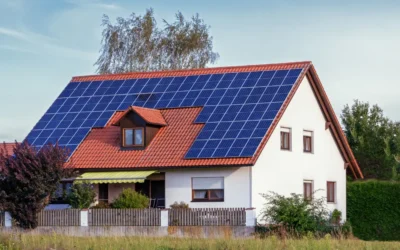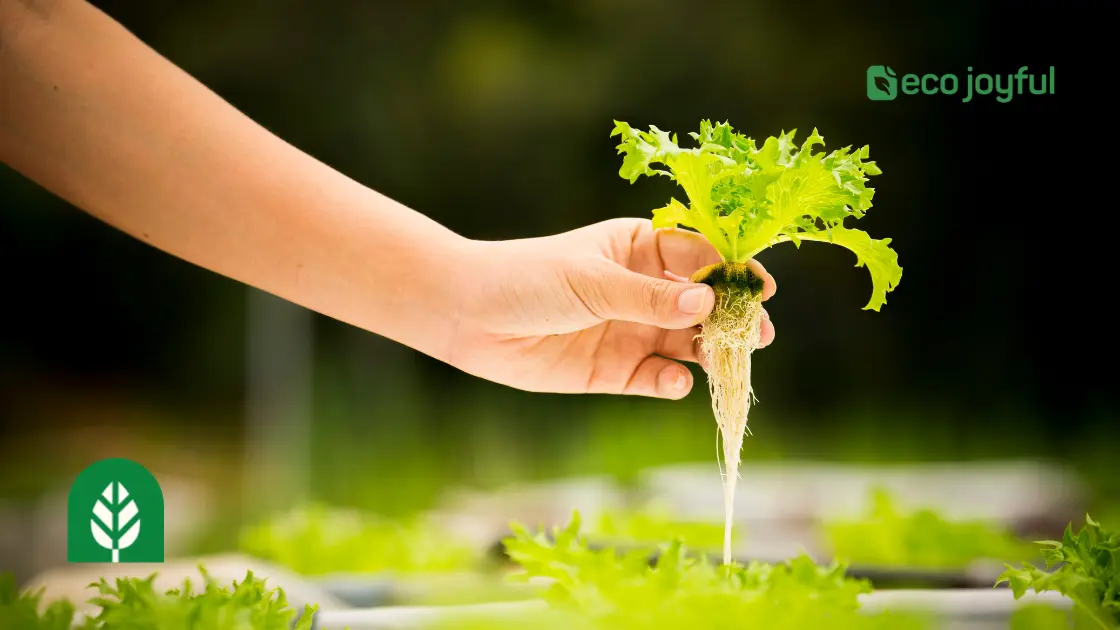Hydroponic gardening offers numerous benefits, including increased crop yields and greater control over plant growth conditions. Hydroponic gardening is a method of growing plants without soil, using a nutrient-rich solution instead.
This approach has become increasingly popular in recent years, thanks to its many advantages over traditional soil-based gardening. For one thing, hydroponic gardening allows for greater control over growing conditions, including temperature, humidity, and light levels. This, in turn, can lead to higher crop yields and healthier, more robust plants.
Additionally, hydroponic gardening is more water-efficient than traditional gardening methods, making it an ideal choice for areas with limited water resources. Overall, hydroponic gardening is a great way to grow plants in a controlled, sustainable way, and is well worth considering for anyone interested in gardening or farming.
Table of Contents
The Basics Of Hydroponic Gardening
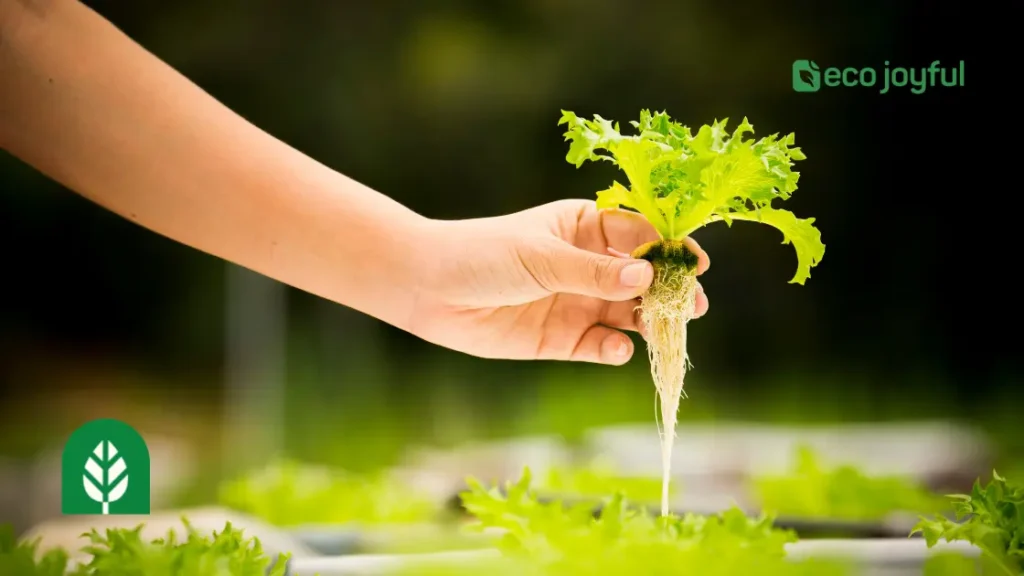
Hydroponic gardening is a method of growing plants without soil, using nutrient-rich water as a growing medium. This innovative technique offers numerous advantages, making it an increasingly popular choice for gardening enthusiasts and commercial growers alike.
What Is Hydroponic Gardening?
Hydroponic gardening is a soilless cultivation method where plants receive essential nutrients through a water-based solution. This method allows for precise control over the plant’s environment, ensuring optimal growth and yield.
History Of Hydroponic Gardening
The concept of hydroponic gardening dates back to ancient civilizations, with early examples found in the Hanging Gardens of Babylon and the Aztec floating gardens. However, modern hydroponics gained prominence in the 20th century with the development of advanced hydroponic systems, paving the way for its widespread adoption in agriculture.
Advantages Of Hydroponic Gardening
Hydroponic gardening offers numerous benefits that make it an attractive option for both commercial and home growers. From efficient nutrient absorption to space optimization and water conservation, the advantages of hydroponic gardening are evident.
Efficient Nutrient Absorption
In hydroponic systems, plants directly absorb nutrients from water solutions, resulting in maximized nutrient uptake. This method eliminates the need for plants to expend energy searching for nutrients in the soil, allowing them to allocate their resources more efficiently towards growth and development.
Water Conservation
Hydroponic gardening utilizes a recirculating system, where water is continuously reused, minimizing water consumption compared to traditional soil-based cultivation. This approach not only conserves water but also reduces the risk of nutrient leaching, contributing to environmental sustainability.
Space Optimization
With the absence of soil, hydroponic systems enable vertical and compact growing, making it suitable for limited spaces. This method allows for high plant density and efficient use of available area, maximizing productivity in a smaller footprint compared to conventional gardening practices.
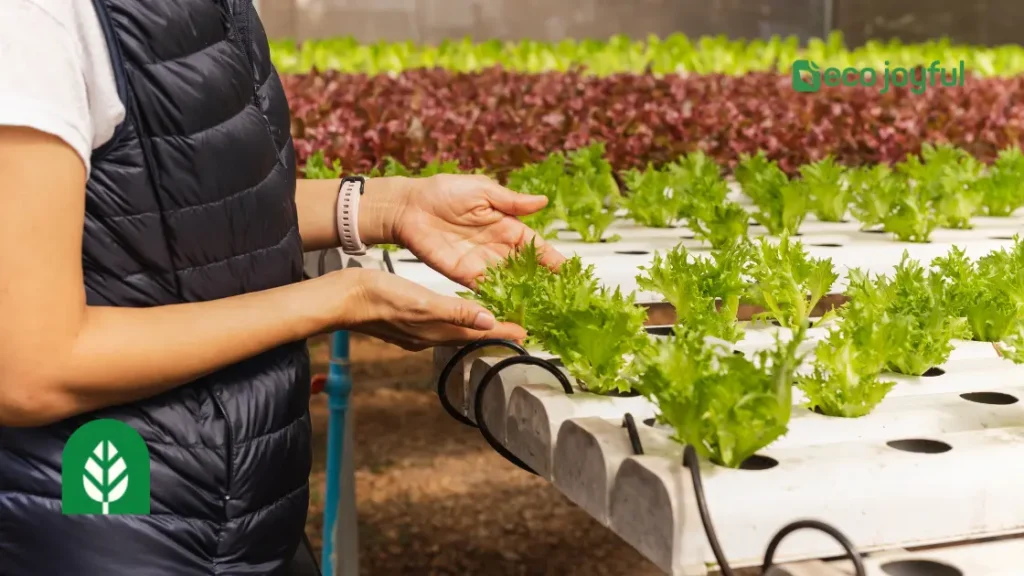
Maximizing Harvest Potential
When it comes to hydroponic gardening, one of the key advantages is the ability to maximize your harvest potential. By choosing the right hydroponic system, optimizing nutrient solutions, managing light and temperature, and implementing effective pest and disease control, you can ensure a bountiful harvest from your hydroponic garden.
Choosing The Right Hydroponic System
Consider factors like space, budget, and the type of plants you want to grow to select the best hydroponic system. Options include Deep Water Culture, Nutrient Film Technique, and Drip Systems.
Optimizing Nutrient Solutions
Ensure your plants receive the necessary nutrients by monitoring pH levels, adjusting nutrient concentrations, and using high-quality fertilizers tailored to the specific growth stage of your plants.
Managing Light And Temperature
Provide adequate light through LED or fluorescent grow lights, and maintain optimal temperature and humidity levels to promote healthy growth and maximize photosynthesis.
Pest And Disease Control
Implement preventive measures such as maintaining cleanliness, using beneficial insects, and applying organic pesticides when necessary to keep pests and diseases at bay in your hydroponic garden.
Environmental Benefits
Discover the environmental benefits of hydroponic gardening, such as water conservation and reduced carbon footprint. By utilizing nutrient-rich solutions, this method minimizes waste and promotes sustainable cultivation practices. Enjoy fresh produce while contributing positively to the planet.
- Reduced Environmental Impact
- Sustainable Agriculture Practices
- Reduced Environmental Impact
Hydroponic gardening requires less water compared to traditional soil-based methods.
It minimizes water waste by recycling and reusing nutrient solutions efficiently.
Fewer pesticides are needed, reducing harmful chemicals entering the environment.
Sustainable Agriculture Practices
Hydroponic systems promote efficient land use by growing vertically or in compact spaces.
They help conserve soil, preventing erosion and degradation.
Energy-efficient lighting in hydroponic setups reduces overall electricity consumption.
Nutrient recycling in hydroponics minimizes waste and pollution.
Carbon footprint is reduced due to localized production and transportation.
In conclusion, hydroponic gardening offers substantial environmental benefits through reduced water usage, minimal pesticide reliance, efficient land and energy use, and enhanced nutrient recycling.
Economic Considerations
When it comes to economic considerations, hydroponic gardening offers several advantages that can make it a cost-effective and profitable venture for growers. From reduced water usage to higher crop yields, the economic benefits of hydroponic gardening are significant.
Cost Analysis
One of the primary advantages of hydroponic gardening is the potential for reduced overall costs. By utilizing a soilless growing system, growers can minimize the expenses associated with traditional agricultural practices, such as the need for large plots of land and excessive water usage.
The controlled environment of hydroponic systems also allows for better resource management, leading to lower energy consumption and decreased reliance on pesticides and herbicides. These cost-saving measures can significantly impact the bottom line for growers, making hydroponic gardening a financially attractive option.
Marketability Of Hydroponic Produce
Hydroponically grown produce holds strong market appeal due to its superior quality, extended shelf life, and year-round availability. The ability to produce high-quality, pesticide-free crops in a controlled environment gives hydroponic growers a competitive edge in the market.
Additionally, the growing consumer demand for locally sourced and sustainably produced food creates a favorable market environment for hydroponic produce. With the potential for premium pricing and consistent demand, hydroponic gardening presents a lucrative opportunity for growers to capitalize on the marketability of their produce.
Challenges And Solutions
When it comes to hydroponic gardening, there are various advantages that make it an appealing option for both seasoned gardeners and beginners. However, like any other gardening method, hydroponics also comes with its own set of challenges. Understanding and addressing these challenges is crucial for successful hydroponic gardening. In this article, we will explore the challenges encountered in hydroponic gardening and the solutions to overcome them.
Initial Setup Challenges
Setting up a hydroponic system can be daunting for beginners. From choosing the right system to understanding the nutrient requirements, the initial setup phase can be overwhelming.
- Complexity: Hydroponic systems can be complex, especially for beginners. The various components, such as pumps, reservoirs, and nutrient solutions, may seem daunting at first.
- Space and Layout: Determining the suitable space and layout for the hydroponic system can be a challenge, especially for urban dwellers with limited space.
- Solution: Providing comprehensive guides and tutorials can simplify the initial setup process for beginners. Additionally, offering pre-assembled kits with clear instructions can ease the complexity of setting up a hydroponic system.
Maintenance And Monitoring
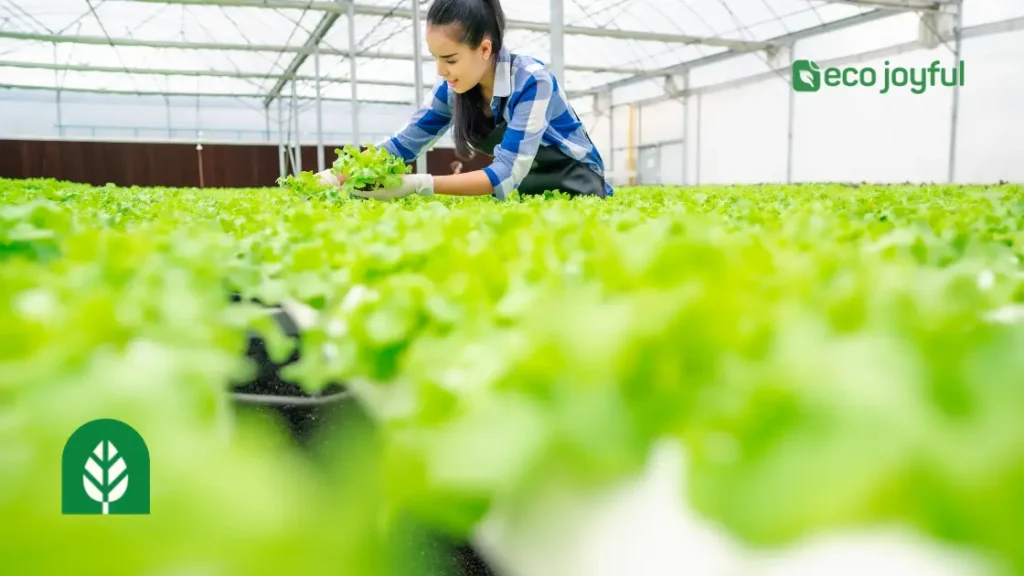
Once the system is up and running, maintaining and monitoring the hydroponic garden is essential for optimal plant growth and health.
- PH and Nutrient Levels: Monitoring and adjusting the pH and nutrient levels can be time-consuming and require constant attention.
- Pest and Disease Control: Without soil as a natural barrier, hydroponic systems are susceptible to pests and diseases, requiring diligent monitoring and control measures.
- Solution: Implementing automated monitoring systems that can regulate pH and nutrient levels can streamline the maintenance process. Additionally, providing guidance on pest and disease prevention methods can help hydroponic gardeners proactively manage these challenges.
Training And Education
For individuals new to hydroponic gardening, acquiring the necessary knowledge and skills is essential for success.
- Lack of Knowledge: Many individuals may lack the understanding of hydroponic principles and best practices.
- Technical Skills: Operating and troubleshooting the equipment may require technical skills that some individuals may not possess initially.
- Solution: Providing comprehensive training materials, workshops, and online resources can bridge the knowledge gap for beginners. Offering hands-on training sessions and support for technical troubleshooting can empower individuals to confidently engage in hydroponic gardening.
Success Stories
Hydroponic gardening has revolutionized the way we grow plants, offering numerous advantages over traditional soil-based methods. These success stories showcase the transformative power of hydroponics in various settings, from commercial farms to community and home-based gardens.
Commercial Hydroponic Farms
Commercial hydroponic farms have seen remarkable success with this innovative growing method. By controlling the nutrient solution, temperature, and light, these farms can achieve higher yields and faster growth rates compared to traditional soil farming. The precise environmental control also minimizes the risk of crop diseases and pests, leading to consistent and high-quality harvests. In addition, hydroponic farms reduce water usage and land requirements, making them a sustainable and efficient choice for large-scale agriculture.
Community And Home-based Hydroponic Gardens
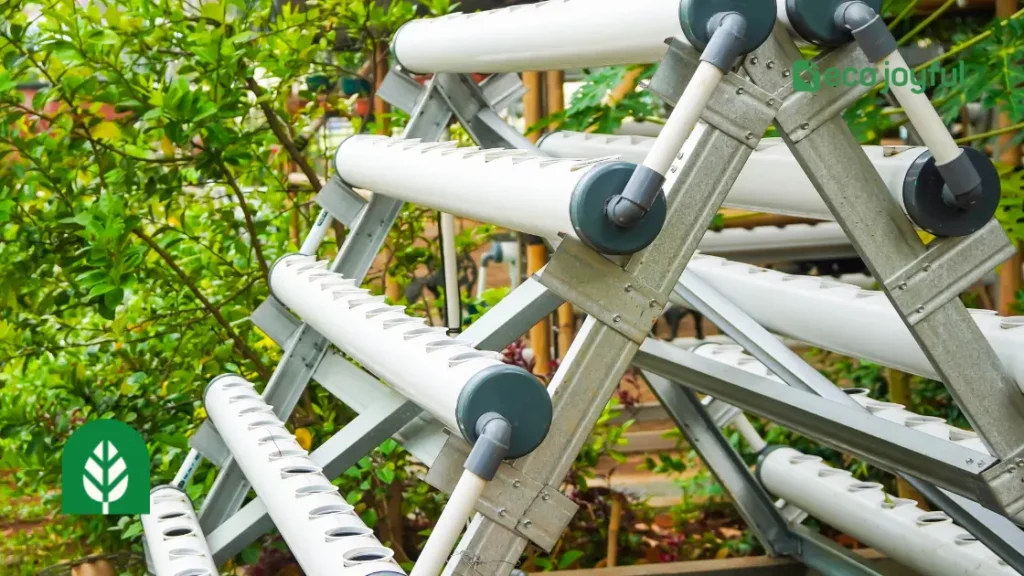
Community and home-based hydroponic gardens have also flourished, offering individuals and local communities the opportunity to grow fresh produce in limited spaces. With hydroponics, urban areas and food deserts can now have access to locally grown fruits and vegetables. This method empowers individuals to take control of their food supply, promoting self-sufficiency and healthy eating habits. Furthermore, hydroponic gardens can serve as educational tools, teaching children and adults about sustainable farming practices and the importance of fresh, nutritious food.
Conclusion
Incorporating hydroponic gardening offers numerous benefits for both beginners and experienced gardeners alike. By reducing water usage, increasing yield, and minimizing pests, this innovative method enables sustainable and efficient plant growth. Embrace the advantages of hydroponic gardening to cultivate healthier plants and contribute to a greener environment.




